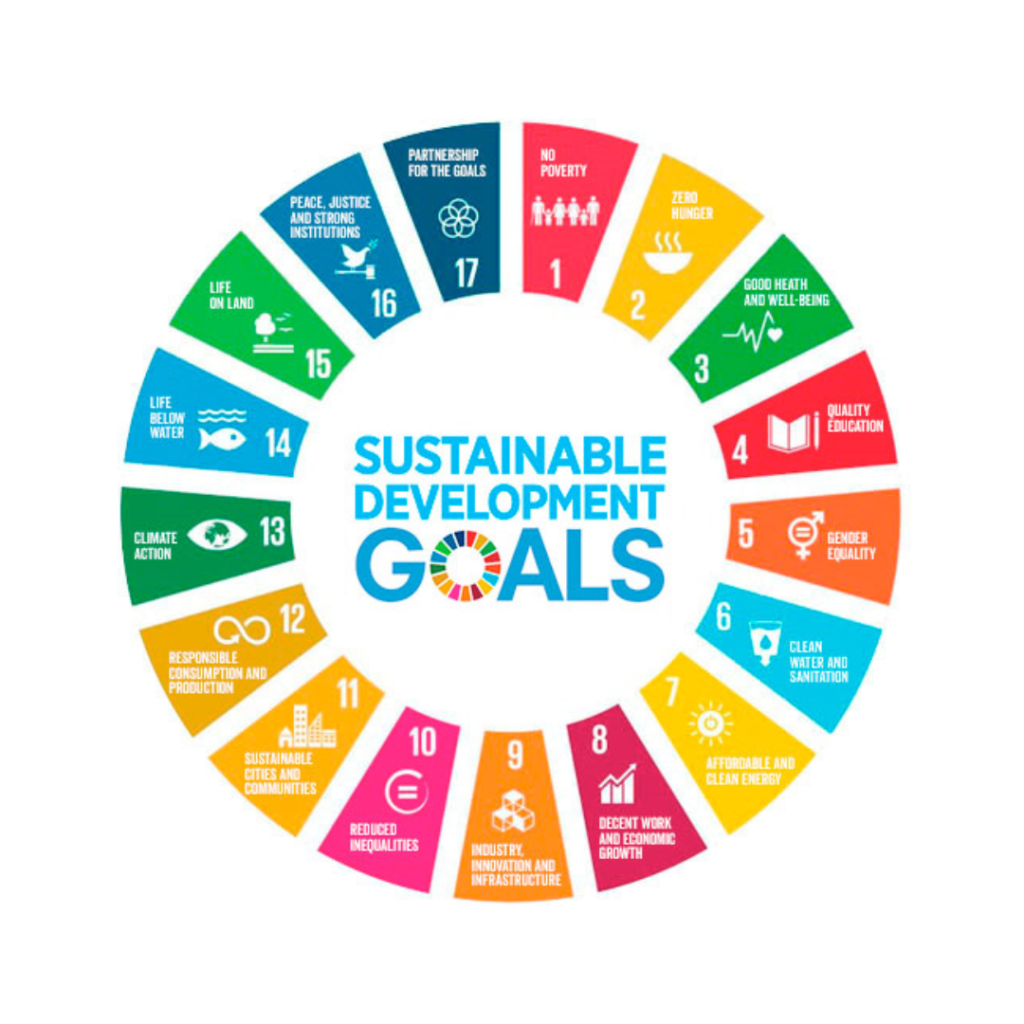University of Jordan (UJ), Horticulture and Crop Science department has 20 staff members. The department includes postgraduate programs of M.Sc. degree in Biotechnology and Horticulture and Crop Science, Organic farming and Ph.D. degree in Horticulture and Crop Science. It includes an undergraduate program in Horticulture and Crop Science and one in Landscaping and Floriculture. The mission of the department is to educate students and interact with producers, associated industries, professional groups and society through a distinctive curriculum and a dynamic research activity.
Al- Balqa’ Applied University (BAU) is with a capacity of 47,500 student a leading institution in qualifying human resources in both levels of higher education (vocational and technical) and endorsing scientific research for local communities’ socio-economic development. BAU provides the Jordan (agricultural) market with highly qualified graduates fulfilling the demands of the market with experts and professional employment accordingly of high standards responds to the exchangeable market’s needs, both technically and systematically. The Faculty of Agricultural Technology has a leading position in biotechnology, nutrition, agriculture and water resources, environment, management and development in Jordan.
Shoubk Univeristy College TVET was established in 1965/1966, as an agricultural school. In 1975, it became a part of the Ministry of Education to graduate qualified agricultural teachers. In 1999, it became one of Al-Balqa’s Applied University Colleges. It offers both a diploma and BSc in Plant Production. College contains a large number of technical and administrative staff where the number of qualified faculty members at the college is 271 teachers and the number of administrators and technicians and workers is 76 employees.
Al-Huson University College TVET was established in 1981, as part of the second educational project accomplished by the Ministry of Education, and the goal of establishing the college in the beginning was the rehabilitation of technicians and technical specialists to meet the needs of the Jordanian society. In 1985 it, became a part of the Ministry of Education and then it became one of Al-Balqa’s Applied University Colleges. It offers both a diploma and B.Sc in Nutrition and Food Processing. College contains a large number of technical and administrative staff where the number of qualified faculty members at the college is 133 teachers and the number of administrators and technicians and workers is 148 employees.
























